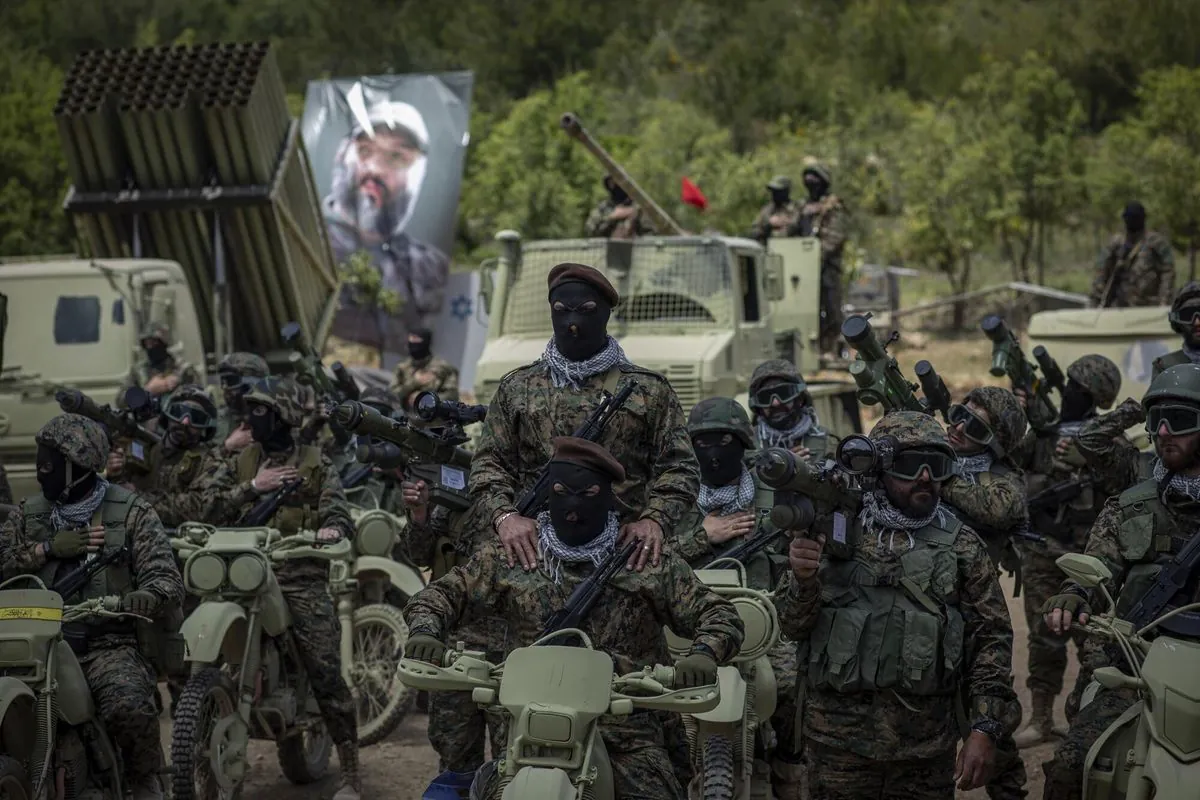Middle East power shift: How Hezbollah lost its grip after decades of control
Recent cease-fire between Hezbollah and Israel shows major changes in Lebanese politics. Cut off from Iran and facing internal pressure the group struggles to keep its influence in the region

The pro-Hezbollah news-outlet Al-Akhbar tried to paint a win with “Steadfast Victorious“ headline‚ but reality tells different story
Before his death a cease-fire without Gaza peace would mean defeat
The cease-fire deal came with hard terms: Lebanese army got rights to remove groups infrastructure in south; but Israel still hits targets saying Hezbollah hasnt moved north of Litani River (which shows real power balance)
The situation is way different from 18 years ago — Nasrallahʼs organization lost most top-leaders‚ got cut-off from supplies and faces growing local opposition. Its military strength got hit hard by Israeli tech-focused strikes and year-long air-raids targeting south Lebanon and Beirut areas
The Syrian events made things worse: when rebels led by HTS group took down Assadʼs government in just 13 days about 2 months ago Hezbollah didnt step in to help. This unexpected fall cut-off their last ground route to Iran which was key for getting weapons and other support
- Most Lebanese dont want endless war
- Group keeps Shiite support but lost other groups trust
- People question high price of keeping militant control
- Local army got more power to act
The group now tries to save whats left – hoping to dodge agreements terms like it did with UN Resolution 1701 back then But situation changed: Lebanese mood shifted Israel wont accept old rules and Syriaʼs now controlled by different forces. Even if its still strong locally Hezbollah faces its hardest test since it started





























